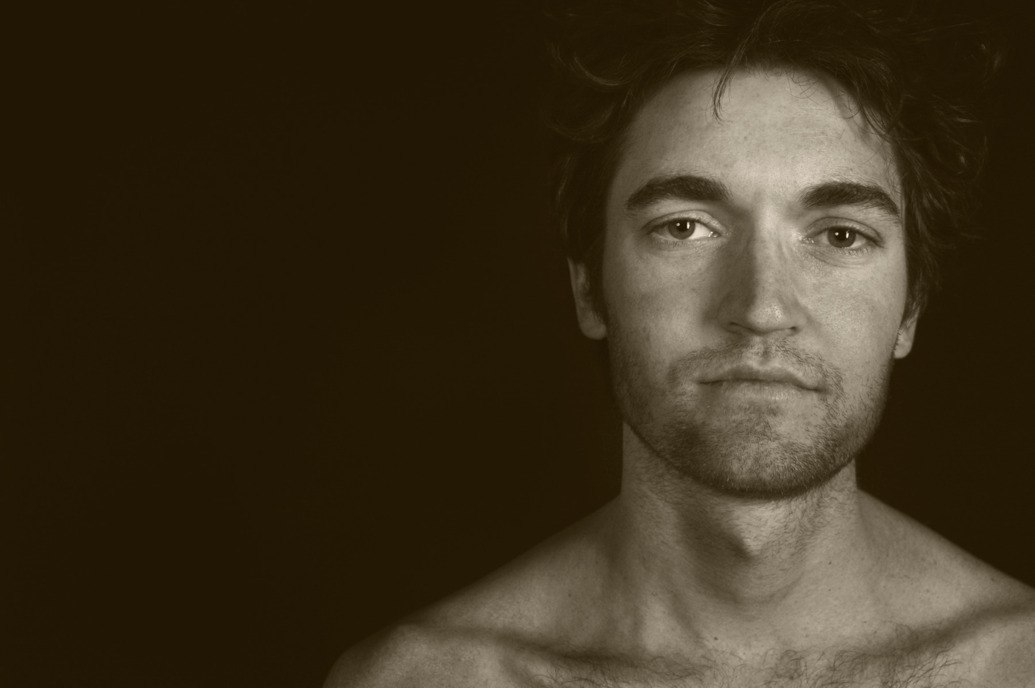Ross Ulbricht is the man behind the alias “Dread Pirate Roberts”, known to be the creator and owner of the digital black market Silk Road. On February 4, 2015, he was found guilty on all seven federal charges, and faces up to a lifetime in prison.
For the past four weeks, prosecutors in New York have sought to prove that Ulbricht is the (in)famous Dread Pirate Roberts, and is therefore guilty of drug trafficking, running a criminal enterprise, orchestrating a conspiracy to sell fake IDs, conspiring to sell hacking tools, and involvement in money laundering. A mountain of evidence was presented throughout the sittings, including Ulbricht's personal diary, loads of chat logs, a trail of hundreds of thousands of bitcoins from the Silk Road to his laptop, confessions of an old friend, and public details about Ulbricht’s life.
The heaps of evidence brought against Ulbricht seemed almost incontrovertible. But false nonetheless, the defense contended. In his final closing statements on Tuesday, Ulbricht's lawyer Joshua Dratel maintained that Ulbricht did indeed create the Silk Road, but merely did so as an experimental free marketplace.
He never intended for it to become the digital drug bazaar that it turned out to be, nor was he involved with the website for most of its existence. Instead, he sold it to someone bearing the alias Dread Pirate Roberts, or DPR, who in turn made the Silk Road into the phenomenon it was. After having ran the website for several years, DPR's exit plan was said to be cunning as it was dirty: he lured Ulbricht back to the Silk Road, planted evidence on his computer through BitTorrent, and perhaps even pointed three-letter-agencies in his direction. Or so Dratel wanted the jury to believe – to no avail.
Although the verdict came as no surprise to many onlookers, Ulbricht's defense contended that this was in large part because evidence favorable to Ulbricht was blocked from the courtroom by judge Katherine Forrest. Most notable of all, Forrest denied the appearance of Andreas Antonopoulos as an expert witness on Bitcoin, as well as that of Columbia University computer science professor Steven Bellovin (PDF).
On top of that – according to Ulbricht's defense as well as his supporters and some journalists – Forrest sustained a disproportionate amount of the prosecutor’s objections against almost all of Dratel's input ever since he suggested Ulbricht might have been framed. "The defense was shackled. It's not fair," Ulbricht's mother Lyn told reporters. The defense will go into higher appeal.

For now, however, with only two days of sittings in this fourth and final week, the Silk Road trial comes to an end. After the prosecution had concluded their allegations of Ulbricht's involvement in attempted murder-for-hire plots – itself not one of the charges of this New York trial but part of another trial in Baltimore – the defense's rebuttal of the weeks-long stacking of evidence turned out to be surprisingly short.
This was probably in part because the judge blocked some of the expert witnesses – such as Antonopoulos – from appearing. But also because Ulbricht himself declined to testify in his own defense. The only witnesses that did appear on behalf of the defense were three of Ulbricht's old friends, who told the jury that Ulbricht was a kind and gentle guy.
As a key part of his closing statements before the jury went into deliberation, Dratel had urged them not to trust any digital evidence, which of course constituted the bulk of all of the evidence. This digital evidence could after all easily have been manipulated, distorted, or indeed even planted, Dratel explained. "The Internet is not what it seems," he said. “We experience with our senses, with our perceptions. We make decisions based on facts we can rely on. There is a distinction between the Internet and IRL.” According to Dratel, the chat logs were “edited, and sprinkled with facts about Mr. Ulbricht’s life.”
The jury had none of it.
Did you enjoy this article? You may also be interested in reading these ones:
